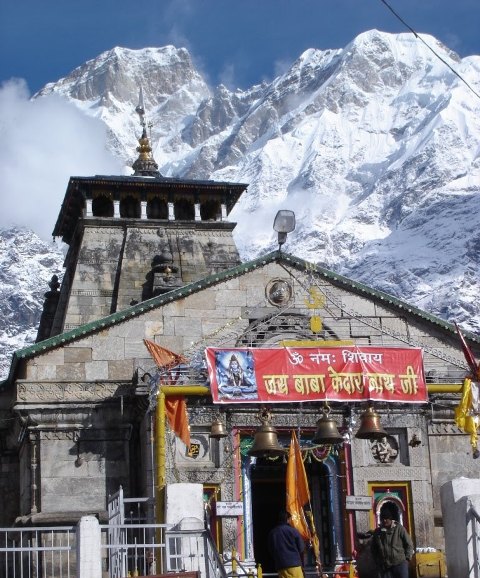New Delhi : Three years after Pakistani terrorists unleashed mayhem in Mumbai, India and Pakistan are cautiously inching ahead to write “a new chapter” in their accident-prone relationship. Many, however, remain dismissive of the latest peace moves, saying largely that “Pakistan will not change its colours”.
Diplomacy appeared to have triumphed over cynicism as Prime Ministers Manmohan Singh of India and Yousaf Raza Gilani of Pakistan declared in the Maldives Nov 10 to pursue a “creative, constructive and result-oriented dialogue”.
“We have decided we will resume this dialogue with the expectation that all issues which have bedevilled (our) relations will be discussed with all the sincerity that our two countries can bring to bear,” Manmohan Singh said.
Gilani promised that Islamabad was doing all it can to fast-track the trial of seven Pakistanis in custody for involvement in the November 2008 terror attack on Mumbai that left 166 people dead.
Not everyone is effusive of the India-Pakistan moves.
Satish Chandra, a former deputy national security advisor and a former envoy to Islamabad, said: “Pakistan continues business as usual as far as terrorism is concerned. We have bent over backwards for peace with Pakistan.”
The Indian government, he said, “has been totally indifferent and callous towards 26/11 victims. 26/11 justice is a lost cause”.
G. Parthasarathy, another former Indian envoy to Islamabad, is equally pessimistic.
“Is this new chapter the beginning of a tragedy or a comedy? Basically, Pakistan is buying time by pretending to pursue a dialogue with India, but its eyes are on winning the larger Afghan war,” he said.
A team from Pakistan is expected to visit India soon to record statements of judicial officials connected to the Mumbai terror attack.
Former foreign secretary Lalit Mansingh told IANS that India-Pakistan relations were “not all gloom and doom.
“There has been some progress. The ceasefire on the international border has held since 2003. The two sides have held high-level discussions, including summit meetings. That’s a positive sign.”
But he too pointed out that apart from comforting words, “there is not much action (being taken by Pakistan) against (Mumbai) terror (suspects)”.
“They are using the shield of judicial process to delay the trial of the seven accused in Pakistani custody.”
Ajai Sahni, a counter-terror expert, is also sceptical of any change in Pakistan’s policy of using terror against India. But he warned that if another Mumbai-like attack happened, New Delhi’s response would not be as clumsy as it was in 2008.
The road to the Maldives has been winding and tortuous.
There were two failed summit meetings between leaders of the two countries — in Russia in June 2009 and a month later at Sharm-el-Sheikh, Egypt. After a thaw in Thimphu in April 2010, a meeting between the foreign ministers in July 2010 turned into a diplomatic disaster.
Now Islamabad has granted MFN status to India. The Pakistani military establishment also surprised everyone by quickly freeing an Indian military helicopter that strayed into Pakistan by mistake last month.
In New York, India voted for Pakistan’s inclusion as a non-permanent rotational member of the Security Council.
And Pakistan’s Interior Minister Rehman Malik has called for death sentence for Ajmal Kasab, the lone terrorist convicted by an Indian court for the Mumbai attack. Malik had initially denied that Kasab was a Pakistani.
Kasab’s execution has been stayed by India’s Supreme Court. The apex court will hear Kasab’s case regularly from Jan 31, 2012.
IANS



